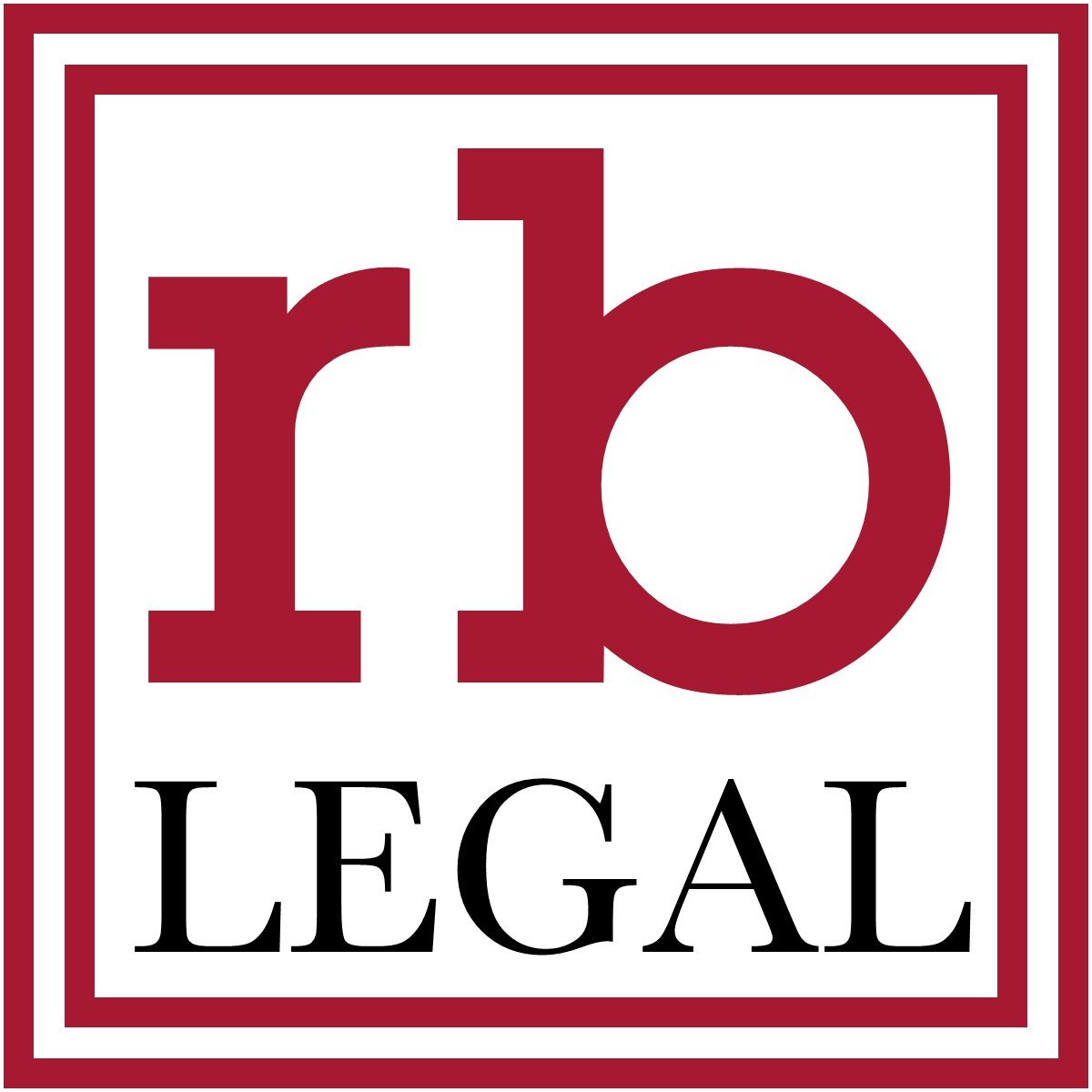Estate planning for your loved ones is an important step that provides guidance on how your estate should be handled when you are no longer able to manage it yourself due to death or incapacity. This process involves not only providing for human beneficiaries but also working to ensure the welfare and care of any beloved pets or animals you may have, such as horses.
When it comes to ensuring the well-being of your equine companions after your passing, creating a horse trust can be a wise decision. The following are some tips to consider when setting up a trust for your horses.
Choose a caregiver/ trustee
Your horses will require a responsible and knowledgeable caregiver or trustee to oversee their care and manage the trust assets on their behalf. This individual or organization should have genuine affection for animals, particularly horses and possess the necessary skills and experience to ensure your horses’ well-being. When selecting a caregiver or trustee, consider factors such as their familiarity with equine care, their availability to devote time to the horses’ needs and their financial stability to handle the expenses associated with horse ownership.
Specify care instructions
Letting your appointed caregiver or trustee know your horses’ specific care instructions is crucial for ensuring their well-being. Provide detailed information about their dietary needs, exercise routines, medical history and any special requirements they may have. Include preferences for their living arrangements, such as pasture turnout, stable accommodations or any specific routines they are accustomed to.
Allocate sufficient resources
It is no secret that horses are expensive animals to care for and ensuring there are sufficient financial resources available to provide for their needs is essential. When setting up a horse trust, allocate a sufficient amount of funds to cover ongoing expenses such as veterinary care, feed, boarding or stable fees, farrier services and any other costs associated with maintaining your horses’ health and well-being.
To help ensure that a horse trust is comprehensive and legally sound, consider seeking guidance from a qualified legal team that practices estate planning and equine law.



